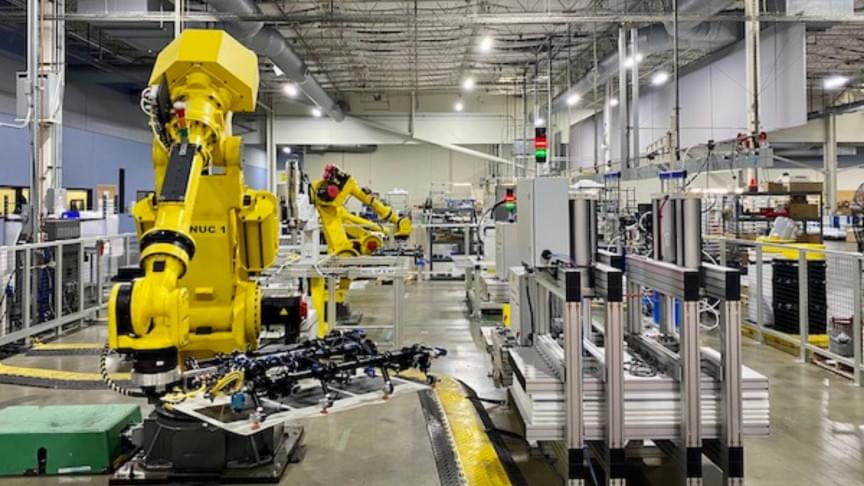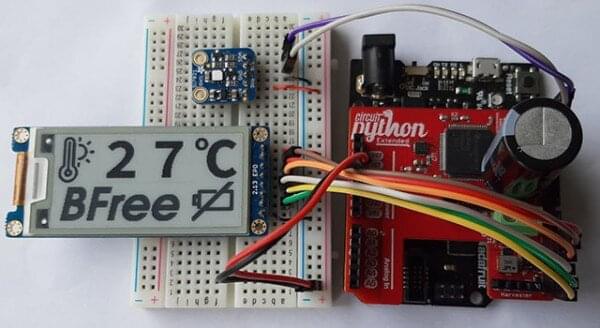
Honda builds much more than cars and trucks — power equipment, solar cells, industrial robotics, alternative fuel engines and even aircraft are all part of the company’s production capacity. On Thursday, Honda announced that it is working to further expand its manufacturing portfolio to include Avatar-style remote telepresence robots and electric VTOLs for inter-and intracity commutes before turning its ambitions to building a fuel-cell driven power generation system for the lunar surface.
For its eVTOL, Honda plans to leverage not only the lithium battery technology it’s developed for its EV and PHEV vehicles but also a gas turbine hybrid power unit to give the future aircraft enough range to handle regional inter-city flights as well. Honda foresees air taxis as a ubiquitous part of tomorrow’s transportation landscape, seamlessly integrating with both autonomous ground vehicles and traditional airliners (though they could soon be flown by robots as well). Obviously, the program is still very much in the early research phase and will likely remain so until at least the second half of this decade. The company anticipates having prototype units available for testing and certification by the 2030s and a full commercial rollout sometime around 2040.
Honda will have plenty of competition if and when it does get its eVTOLs off the ground. Cadillac showed off its single-seater aircar earlier this year, while Joby (in partnership with NASA) already has full-scale mockups flying. In June, Slovakian transportation startup, Klein Vision, flew from Nitra and to the Bratislava airport in its inaugural inter-city flight — and then drove home after the event. But building a fleet of flying taxis is no easy feat — just ask Bell helicopters — and we’re sure to see more companies drop out of the sector before eVTOLs become commonplace.

















